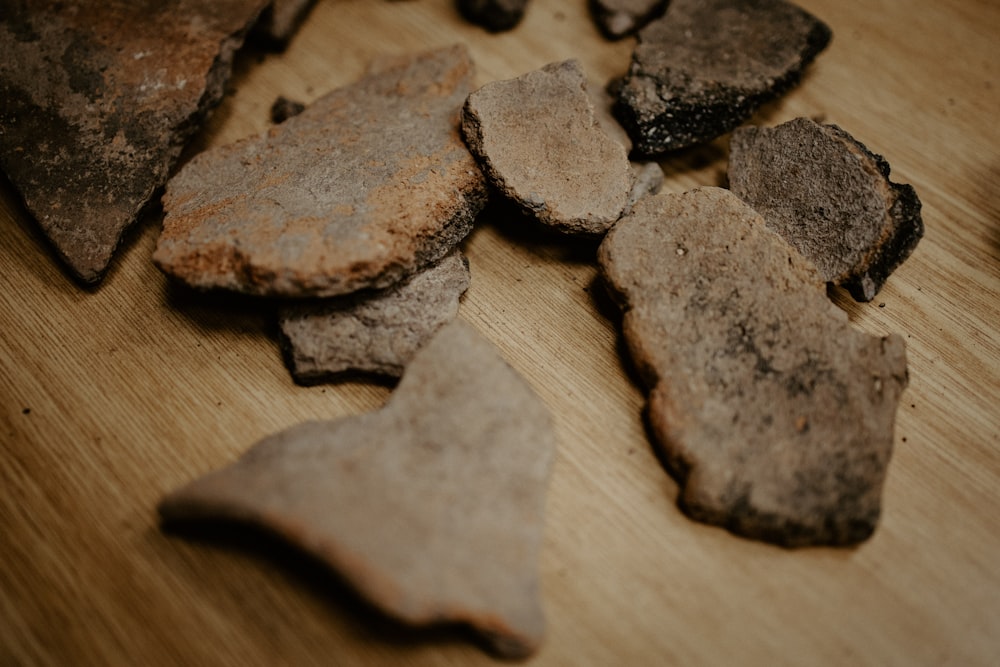How to Become an Archaeologist

Embarking on a journey to become an archaeologist is an exciting and intellectually stimulating endeavor. It offers the opportunity to uncover mysteries of the past, preserve cultural heritage, and contribute to our understanding of human history. In this comprehensive guide, we will explore the educational requirements, necessary skills, career paths, and practical steps to pursue a successful career in archaeology.
Understanding the Role of an Archaeologist:
- Archaeologists are scientists who study human history and prehistory through the excavation and analysis of artifacts, structures, and other physical remains.
- Their work involves conducting field surveys, excavations, laboratory analysis, and interpretation of findings to reconstruct past societies, cultures, and environments.
Educational Pathway:
- Bachelor's Degree: The journey typically begins with obtaining a bachelor's degree in archaeology, anthropology, history, or a related field. Relevant coursework may include archaeology methods, cultural anthropology, and ancient civilizations.
- Field Experience: Participating in field schools, internships, or excavation projects during undergraduate studies can provide valuable hands-on experience and practical skills.
- Advanced Degrees: While a bachelor's degree may be sufficient for entry-level positions, pursuing a master's or doctoral degree in archaeology or a specialized subfield can lead to higher-level research, academic, or leadership roles.
Developing Essential Skills:
- Analytical Skills: Archaeologists must be able to analyze complex data, interpret findings, and draw meaningful conclusions about past societies and cultures.
- Fieldwork Skills: Proficiency in excavation techniques, survey methods, and documentation procedures is essential for conducting successful fieldwork.
- Communication Skills: Effective communication, both written and verbal, is crucial for presenting research findings, collaborating with colleagues, and engaging with diverse stakeholders.
- Critical Thinking: Archaeologists must approach problems and evidence with a critical and open-minded perspective, challenging assumptions and evaluating multiple interpretations.
- Technical Proficiency: Familiarity with specialized tools, technologies, and laboratory methods used in archaeological research, such as GIS mapping, remote sensing, and artifact analysis, is increasingly important.
Career Paths in Archaeology:
- Academic Research: Many archaeologists pursue careers in academia, conducting research, publishing scholarly articles, and teaching courses at colleges or universities.
- Cultural Resource Management (CRM): Archaeologists working in CRM firms or government agencies assess and mitigate the impact of development projects on archaeological sites, often through survey, excavation, and preservation efforts.
- Museums and Cultural Institutions: Some archaeologists curate collections, design exhibits, and educate the public about archaeology and cultural heritage in museums, cultural centers, or heritage organizations.
- Government and Nonprofit Organizations: Archaeologists may work for government agencies, NGOs, or international organizations, focusing on heritage conservation, policy advocacy, or community outreach initiatives.
Practical Steps to Success:
- Gain Field Experience: Seek opportunities to participate in archaeological fieldwork, whether through volunteer programs, internships, or field schools, to build practical skills and expand your network.
- Pursue Advanced Education: Consider pursuing a master's or doctoral degree in archaeology or a specialized subfield to deepen your knowledge, expertise, and opportunities for advancement.
- Network and Collaborate: Attend conferences, workshops, and professional meetings to connect with fellow archaeologists, mentors, and potential employers, and collaborate on research projects or publications.
- Publish and Present Research: Share your research findings through conference presentations, journal articles, or public outreach activities to contribute to the broader archaeological community and enhance your professional visibility.
- Stay Informed and Adaptable: Keep abreast of current developments, debates, and emerging technologies in archaeology, and be flexible and adaptive in response to changing research priorities, methodologies, and career opportunities.
Conclusion:
Becoming an archaeologist requires dedication, passion, and a commitment to lifelong learning and discovery. By following a structured educational pathway, developing essential skills, exploring diverse career paths, and seizing practical opportunities, aspiring archaeologists can embark on a fulfilling and impactful journey to uncover the secrets of the past and preserve our shared cultural heritage for future generations.









































